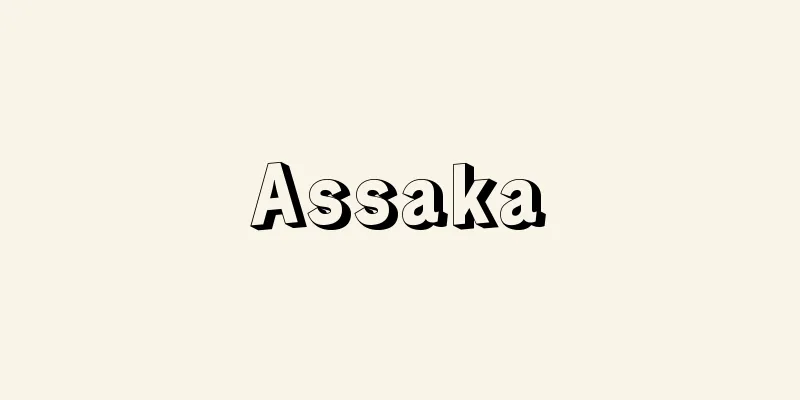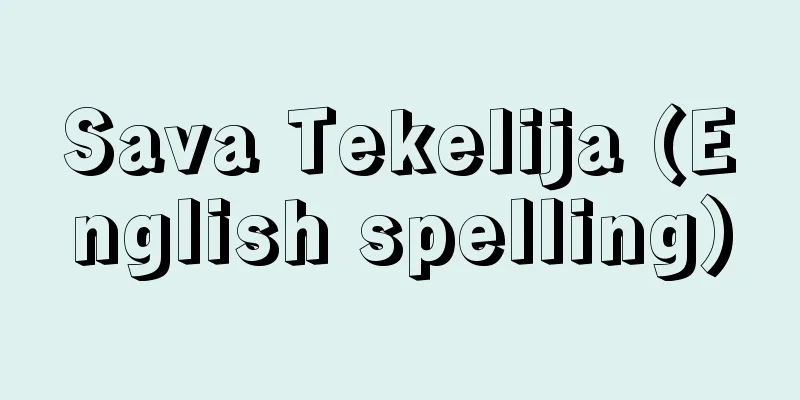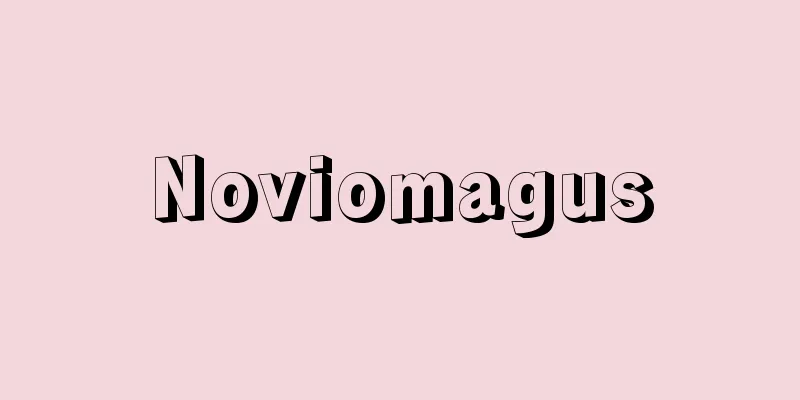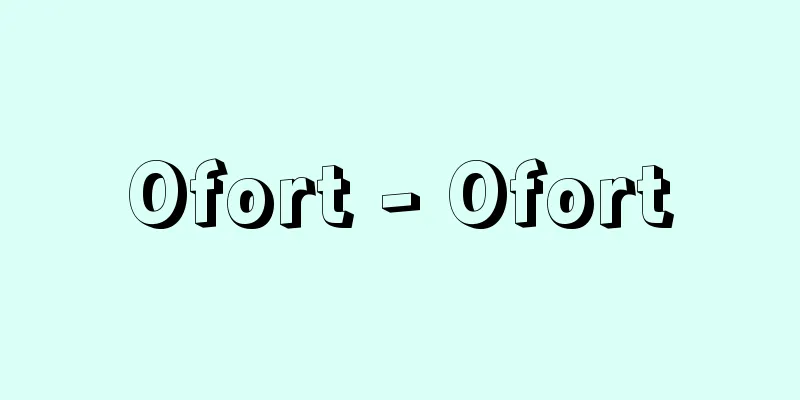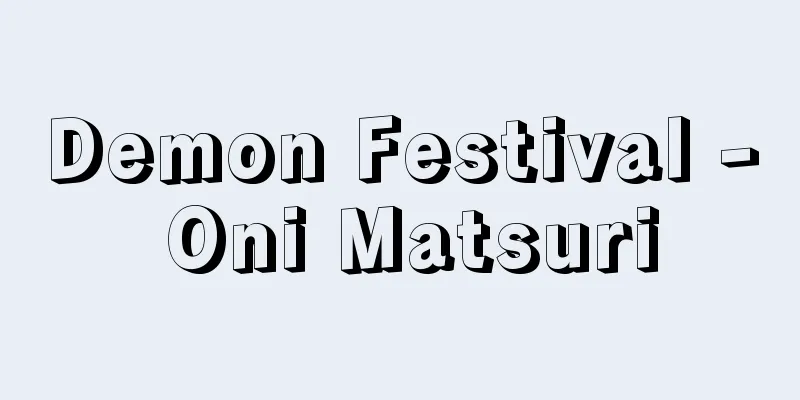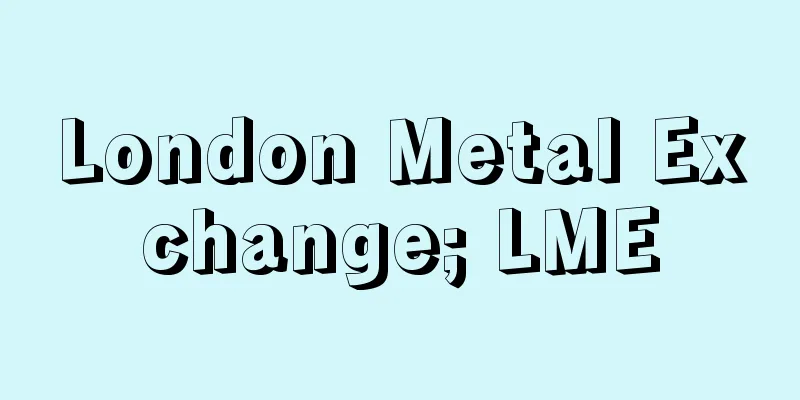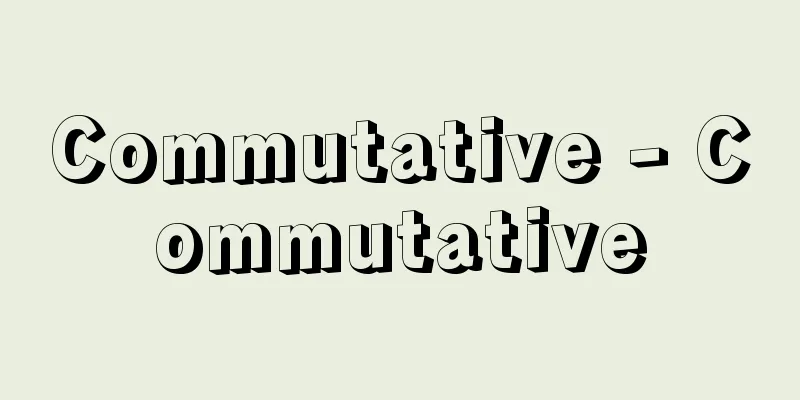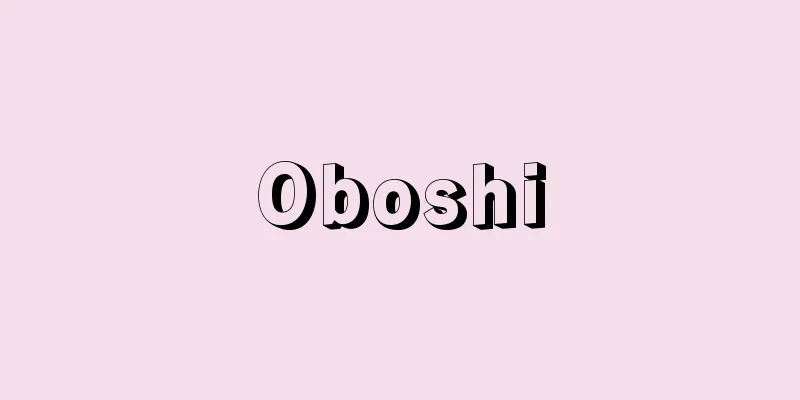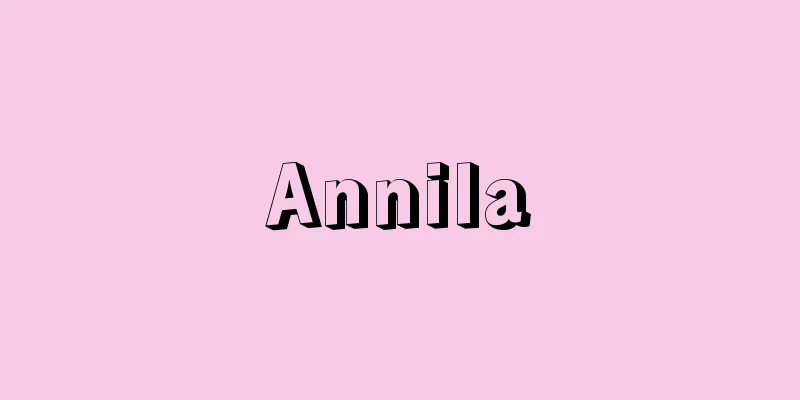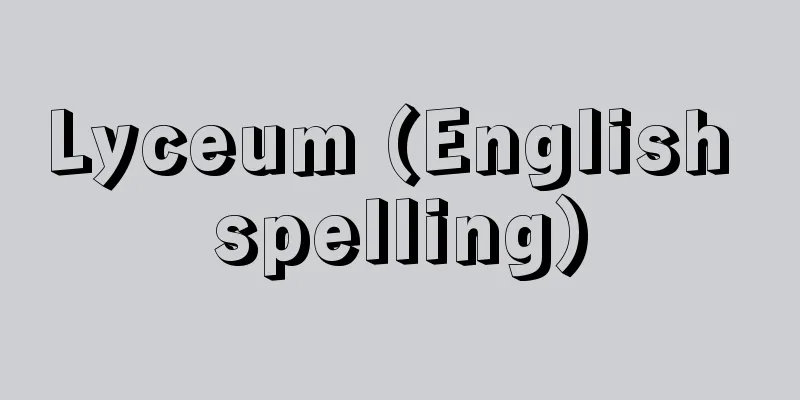Hypothesis - hypothesis (English spelling)
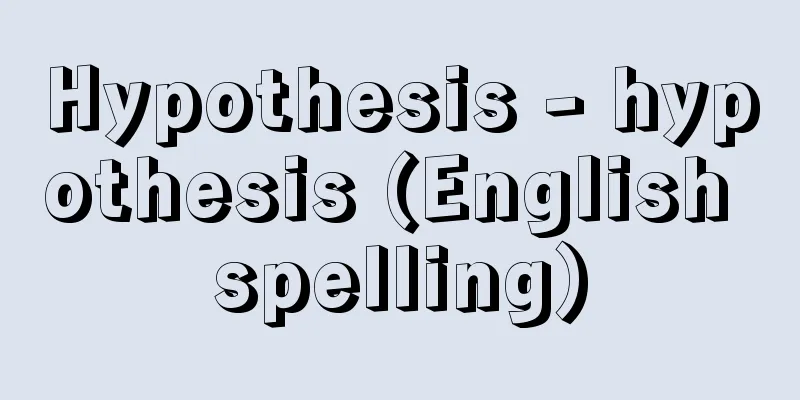
|
In scientific research, a proposition (or part of a proposition) that logically constitutes a theory is called a hypothesis when the conclusion of the theory is derived by actively assuming that the proposition (or group of propositions) is an objective truth. The truth of a hypothesis must be verified by comparing the conclusion (or conclusions) of the theory that contains the hypothesis with experience such as experiments and observations. If verification is completely or almost impossible, the proposition is not a hypothesis but merely a guess. When Newton is said to have said, "I make no hypotheses," he was probably referring to this kind of guesswork. The role of hypothetical propositions in the individual forms of theories published as papers or books can vary widely. In some cases, the hypothesis is merely presented briefly, while in other cases the hypothesis is presented as if it were a consequence of the consideration of the entire paper. Even within the scope of physical science, hypotheses can be of various natures. For example, hypotheses about the existence of certain substances (such as Dalton's "atom," Pauli's "neutrino," and Hideki Yukawa's "meson"), hypotheses about the properties and functions of substances (such as Einstein's "light quanta" and de Broglie's "matter waves"), and hypotheses about the laws of motion (such as Bohr's "stationary state of electrons in atoms" and Dirac's "relativistic equation of motion of electrons") are all well-known hypotheses that have been established as truths through experimental verification. However, known truths and laws are all hypotheses in terms of their validity in unknown areas, and in this sense it can even be said that "all science is a hypothesis." Hypotheses actively generate new propositions and new concepts based on known empirical truths and concepts, so the formulation of hypotheses can be said to be one of the most creative activities in scientific research. The similar word "postulate" is sometimes used to refer to a proposition that is set as a premise for inference. [Jiro Maki] "Hypothesis and Physics" by Teruaki Kajikawa (2000, Bungeisha) " "Patterns of Scientific Discovery" by N.R. Hanson, translated by Yoichiro Murakami (Kodansha Academic Library)" Source: Shogakukan Encyclopedia Nipponica About Encyclopedia Nipponica Information | Legend |
|
科学的研究において、ある学説を論理的に構成する命題の一つ(またはその一部)であって、その命題(または命題群)が客観的真理であることを積極的に仮定して学説の帰結を導こうとする場合に、この命題を仮説という。仮説の真偽は、この仮説を含む学説の(一つまたは多くの)帰結を、実験や観察などの経験と比べることによって検証されねばならない。検証がまったく、またはほとんど不可能ならば、その命題は仮説ではなく単なる憶説にとどまる。ニュートンが「われは仮説をつくらず」といったと伝えられるのも、このような憶説をさすのであろう。 論文や著作として発表される学説の個々の形式のなかでの仮説的命題の役割には多くの異なる場合がみられる。仮説の簡潔な提起にとどまる場合、仮説があたかも論文全体の考察からの帰結のように示される場合などである。また、物理的科学の範囲に限っても、仮説の性格にはさまざまのものがある。たとえば、特定の物質の存在に関するもの(ドルトンの「原子」、パウリの「ニュートリノ」、湯川秀樹の「中間子」など)、物質の性質や機能に関するもの(アインシュタインの「光量子」、ド・ブローイの「物質波」など)、運動の法則性に関するもの(ボーアの「原子内電子の定常状態」、ディラックの「電子の相対論的運動方程式」など)はいずれもよく知られた仮説であり、実験的検証によって真理として確立したものである。 しかし、既知の真理や法則も、未知の領域に対する妥当性に関してはすべて仮説であって、この意味では「あらゆる科学は仮説である」とさえいいうる。仮説は、既知の経験的真理や概念によりつつ、新しい命題や新しい概念を積極的に生み出すものであるから、仮説の提起は科学的研究のなかで、もっとも創造的な営みの一つであるといえよう。なお類似語「仮設」(postulate)が推論の前提として設定された命題について用いられる場合がある。 [牧 二郎] 『梶川輝明著『仮説と物理』(2000・文芸社)』▽『N・R・ハンソン著、村上陽一郎訳『科学的発見のパターン』(講談社学術文庫)』 出典 小学館 日本大百科全書(ニッポニカ)日本大百科全書(ニッポニカ)について 情報 | 凡例 |
<<: Gazette (English spelling)
Recommend
Alaya-vijnana - Arayashiki
In Sanskrit, it is called ālaya-vijñāna. ālaya me...
Fujita Style
The name of a school of Noh flute players. The fou...
Social worker/care worker - Shakai fukushi shikai go fukushishi
This system is based on the "Social Workers a...
Sarcodon imbricatus (English spelling)
… [Hisahiko Furukawa]. … *Some of the terminology...
plunge
...The plane that contains all the hinge lines of...
Jirisan - Chiisan
A 1,915m-high mountain located in South Korea, bo...
Baba Kocho - Baba Kocho
English literature scholar and essayist. Born in ...
Mizuko - Mizuko
A baby who has not been born for very long. It is...
Semi [Hot Spring] - Semi
Located in Mogami-cho, Mogami-gun, Yamagata Prefec...
Wind farm
...However, the oil crisis of 1973 prompted a ren...
Ring opening polymerization
This is a reaction in which both the ring-opening...
solidifying point
…For a pure substance, the temperature remains co...
Caprellidea
…They are classified into four suborders: Gammari...
Alher - Alher
...A type of Nanban confectionery introduced in t...
Preservation measures - hozenshobun
In general, it refers to provisional measures ord...
